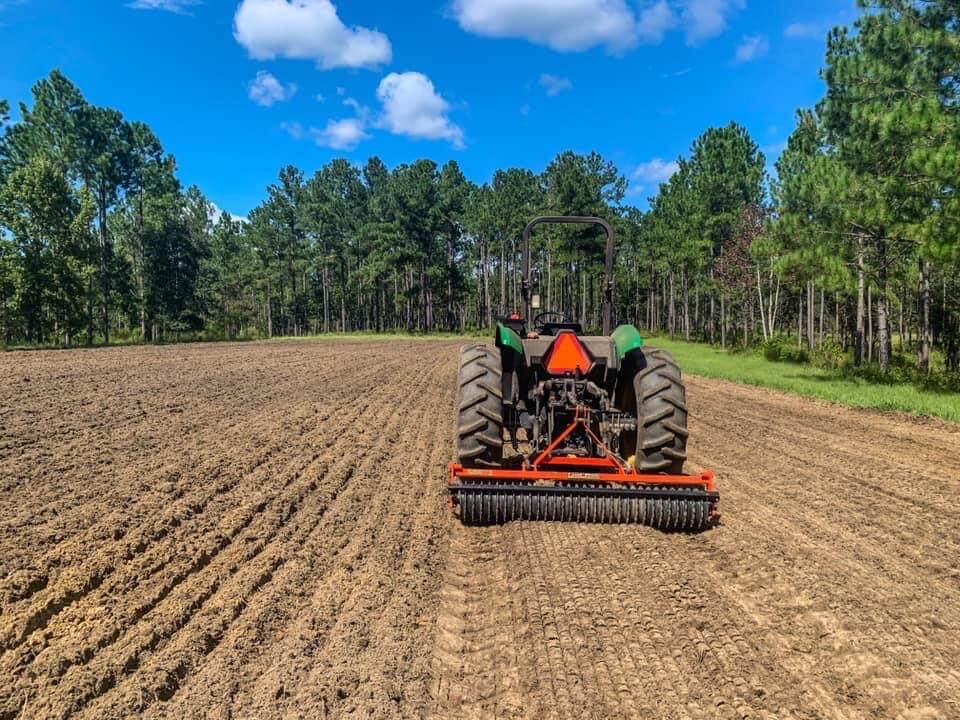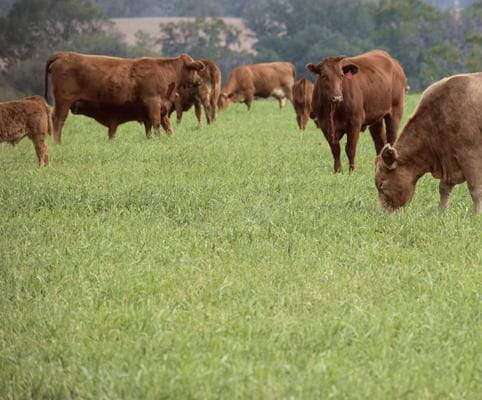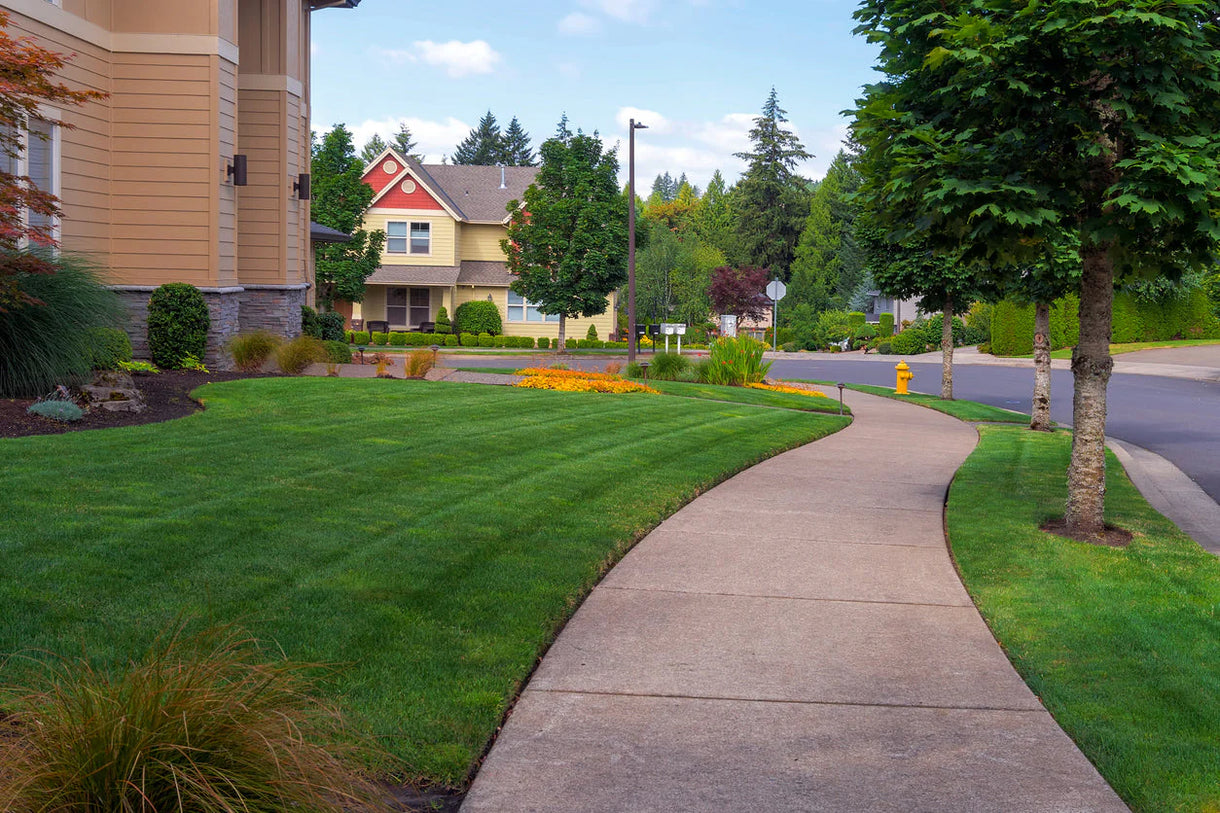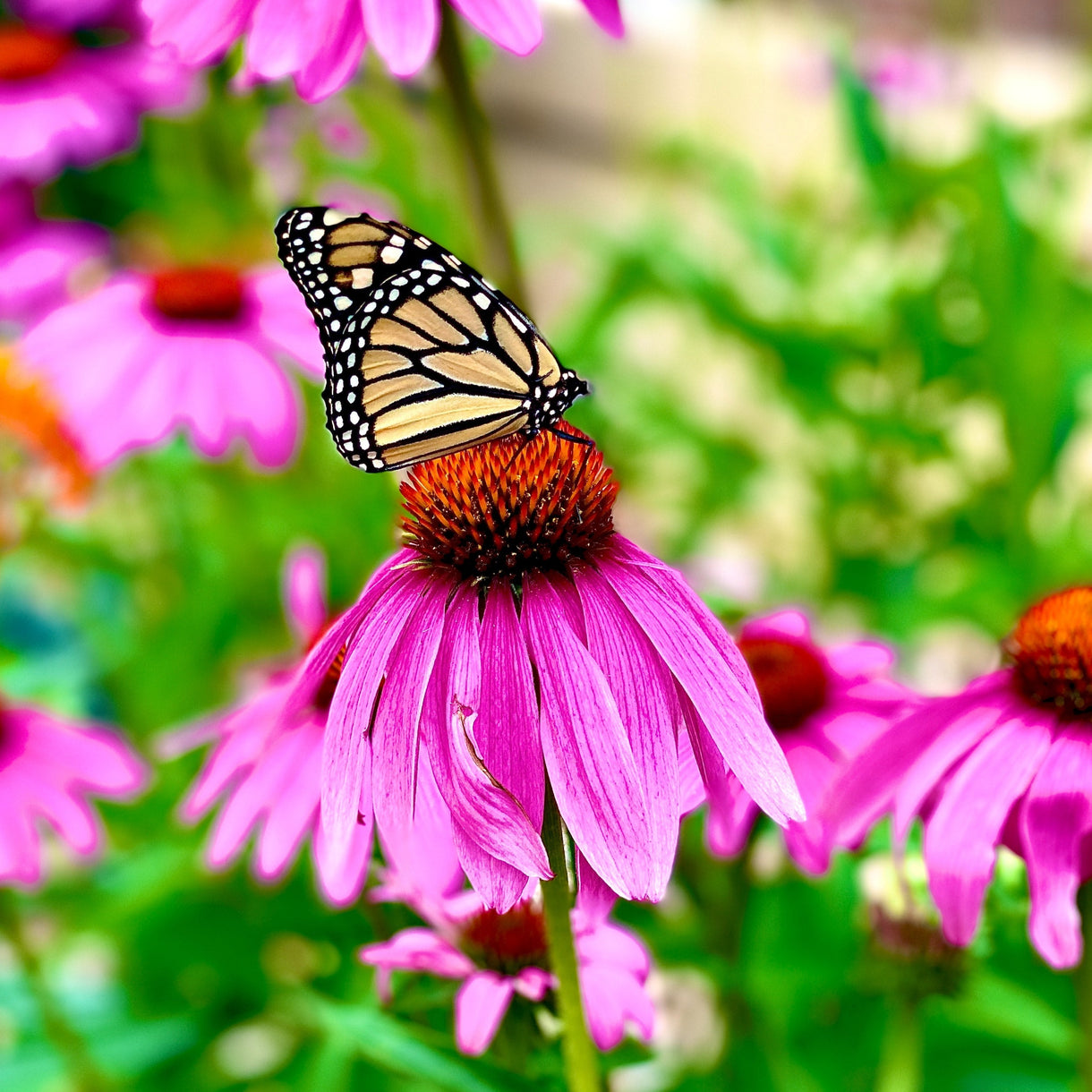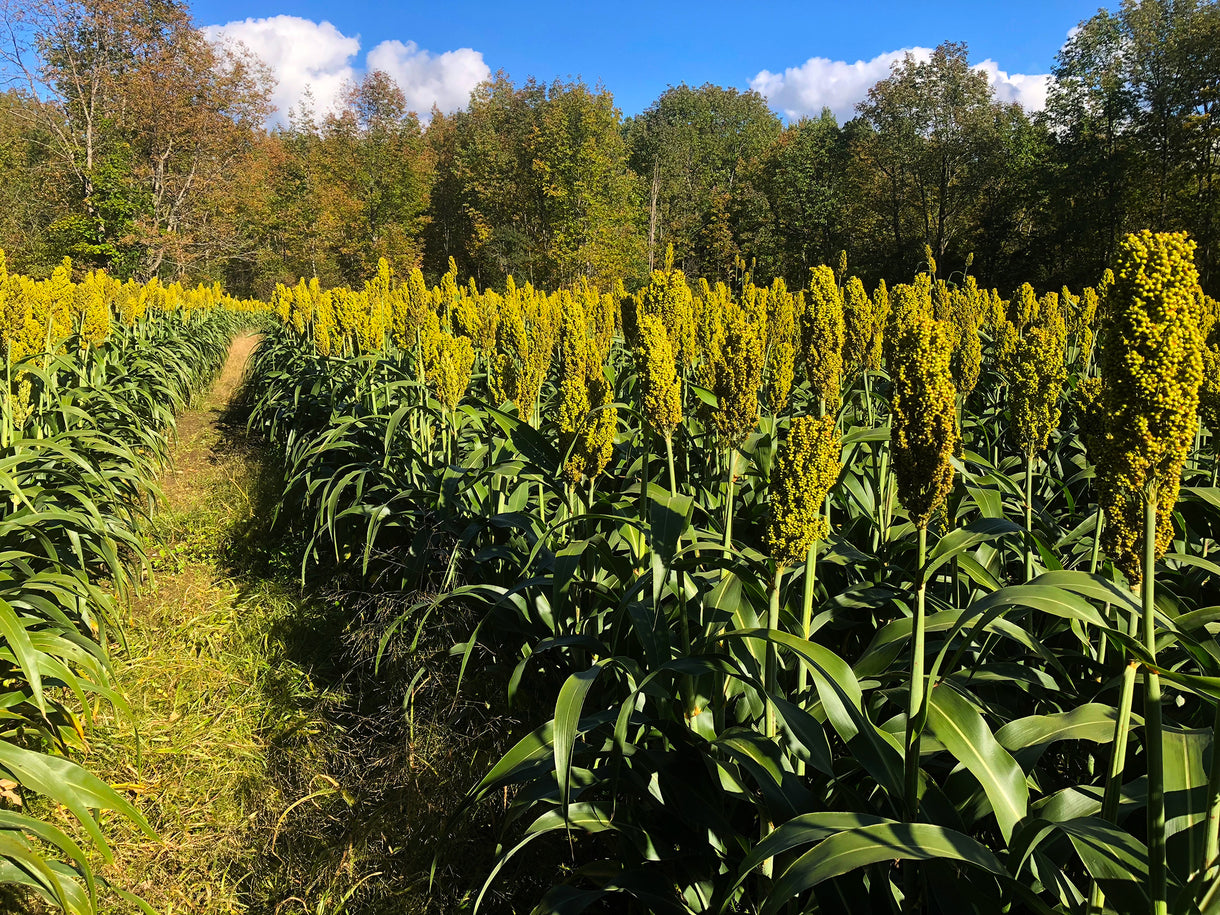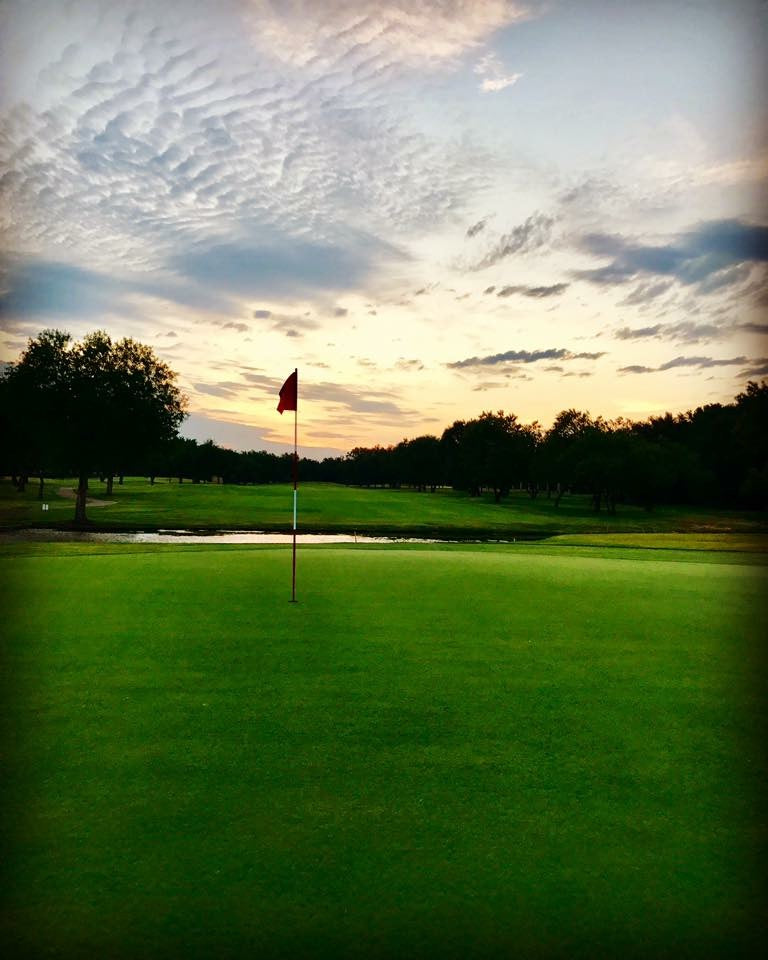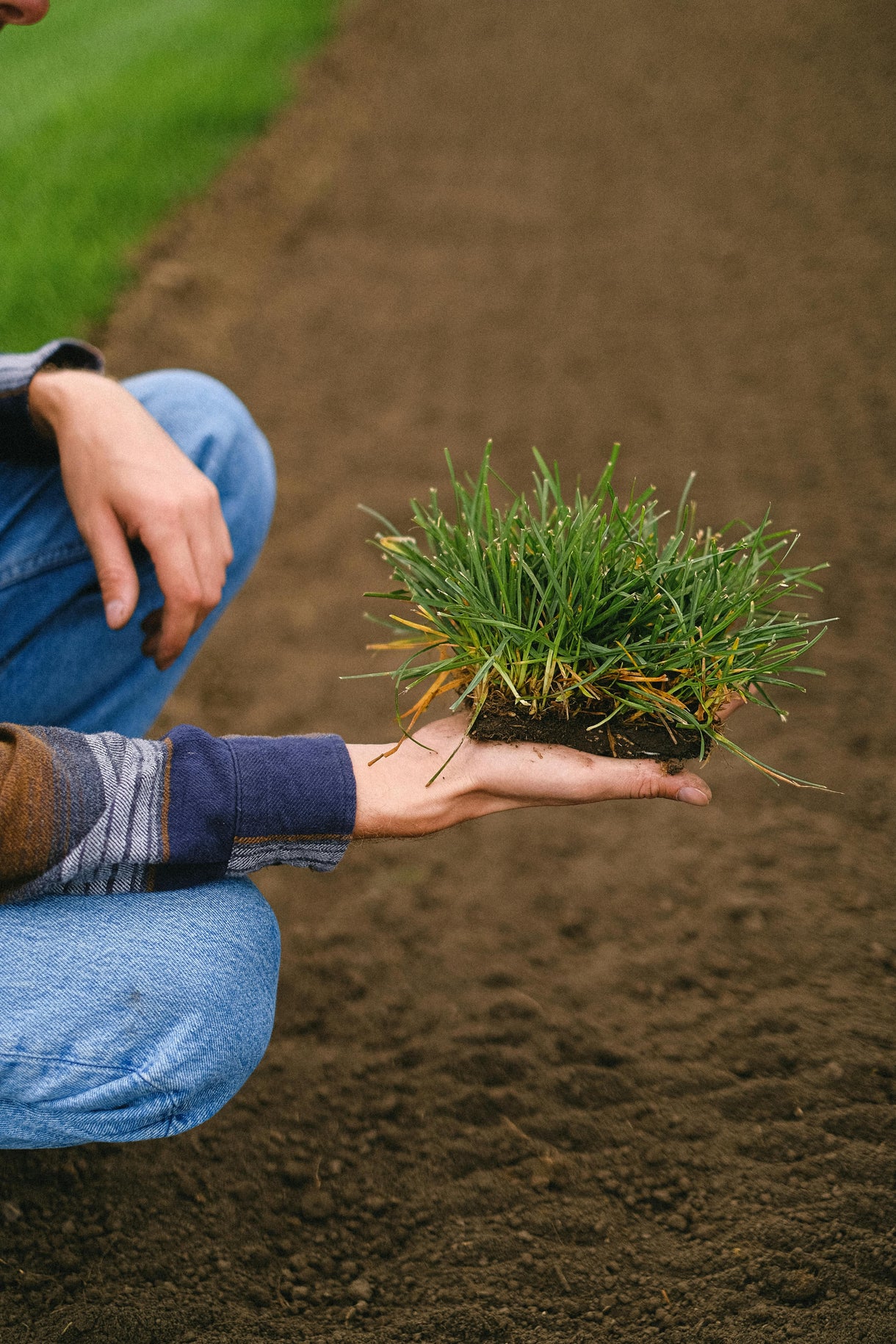Popular Products
Popular Products
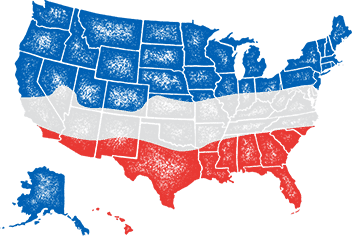
- When to plant:
- Spring, Summer
- Fertilizer:
- Varies
- Seeding rate:
- 1 lb. per 1,000 sq. ft.
- Overseeding rate:
- 1/2 lb. per 1,000sq.ft.
- Seeding depth:
- 1/8 - 1/4 inch
- Ideal ph:
- 5.0 - 7.0
- Gmo:
- No
- Inoculant needed:
- No
- Coated or raw:
- Raw
- Lifecycle:
- Perennial
- Climate zones:
- Warm Season
Seashore Paspalum is a warm-season grass commonly used for lawns, golf courses, landscaping, parks and recreation areas. Seashore Paspalum seed is the only high salt-tolerant grass seed available.
Product Information
- Application or Use: Lawn, Turf, Golf Courses, Athletic Fields, Parks & Recreation, Restoration
- Germination Time: 21 - 30 days, under optimal conditions
- Growing Locations: Warm Season
- Height: 1.5 - 2 inches
- Sunlight Requirements: 6-8 hours
- Advantages: Very salt tolerant warm season grass with desirable turf grass characteristics.
- When to Plant: Recommended planting time is spring and summer when night time temperatures are consistently 65+ degrees and 3 months prior to first frost.
Product Details
- Salt tolerant turf grass
- Used for lawns, golf courses, parks and recreation areas
-
Full sun to moderate shade tolerance
- Excellent heat and drought tolerance
- Medium-fine texture
- Erosion control, coastal sites influenced by salt
Product Information
Seashore is best for areas no farther north than 30 to 35 degrees latitude. Within its "comfort zone," Seashore Paspalum displays excellent resistance to dollar spot, in addition to its primary characteristic of salt tolerance. Seashore is an excellent choice for environmentally conscious superintendents and home owners, especially those with water quality issues such as a need to use effluent water for irrigation. Certainly in areas where water shortages occur, where saline conditions are unusually high, or where water reclamation projects are undertaken, Seashore provides an attractive option for beautiful turf despite these conditions.
Seashore Paspalum seed was developed by Pure Seed Testing in cooperation with the University of Georgia, and bred by Dr. Ronny Duncan. Seashore is the first release of an improved, seeded Seashore Paspalum. An extremely salt-tolerant turfgrass, Seashore has outstanding turf quality, a bright green color, and a beautiful, uniform appearance. Ideal for temperate to hot, humid coastal climates, Seashore also affords excellent drought tolerance and good shade tolerance.
During the 1980s, the University of Georgia-Griffin began to conduct research on the salt tolerance of Seashore Paspalum. They examined how the species was able to thrive under saline conditions that no other species could even survive in. Previous work helped establish Seashore Paspalum as a viable option for Turfgrass areas that were constantly under stress from high salt levels.
The first breeding program was initiated in 1993 and was funded by the United States Golf Association. Before long, the golf industry became the foremost advocate of the species and continues to be so to this day. This early breeding work directly led to the development of the first successful sprigged turfgrass varieties.
In 1998, Pure-Seed Testing Inc., in cooperation with the University of Georgia, started work on developing an improved, seeded variety of Seashore Paspalum. For many years, Pure-Seed Testing Inc. evaluated Seashore Paspalum clones to determine which parents would produce viable seed. Seashore Paspalum was introduced to the golf course industry in 2005.
Currently, there are many completed golf course projects that have made their Seashore Paspalum selection, and the success with this new revolutionary advancement will change the course of development in the turf industry.
Seashore Paspalum is, of course, a warm-season grass, so is best for courses no farther north than 30 to 35 degrees latitude. Within its "comfort zone," it displays excellent resistance to dollar spot, in addition to its primary characteristic of salt tolerance. It is an excellent choice for environmentally conscious superintendents, especially those with water quality issues such as a need to use effluent water for irrigation. Certainly in areas where water shortages occur, where saline conditions are unusually high, or where water reclamation projects are undertaken, it provides an attractive option for beautiful turf despite these conditions.
Prefers soils with moderate to high salinity. Tolerant of most soil types, pH range of 4.5 - 9.0
*Product packaging may appear different than what is pictured.
The recommended seeding rate is 1 lb. per 1,000 sq. ft.
Seashore Paspalum requires very well-prepared soil or seedbed to ensure a good germination and establishment. The seed bed should be clean and free of other grasses. Seed depth should not be deeper than 1/4 in. The seeded area should be watered for 45-minute intervals 3 to 4 times per day. Germination of Seashore can take as long as 45 days. Different soil types require more or less water. Standing water should not occur but soil moisture should always be present for the germination process to be stimulated.
Preparation for Seeding:
Whether establishing a new seedbed or renovating existing turf, it is important to begin with a firm and smooth soil surface, which is relatively free of debris. If renovating existing turf, apply a non-selective herbicide in order to kill all existing turf, then rake the soil to remove excess matter, and create a smooth surface. Fumigation is the most effective alternative to herbicide in removing undesirable grasses. Bermudagrass is best removed with fumigation, since non-selective herbicides may not completely kill all of the vegetative tissue. Note that Seashore Paspalum is sensitive to some herbicides, so check the herbicide label before applying.
Good soil-to-seed contact is very important to successful establishment, so the surface should be lightly raked and then gently rolled after seeding. For best performance, the soil needs to be tilled to a depth of 2 to 3 in., which provides a lodging place for the seed and affords good soil-to-seed contact. Utilizing a "drill seeder" (like a Brillion Seeder) provides the best method of incorporating the seed into the soil. Another alternative is using mulch or turf blankets to providing a good cover for establishing Sea Spray-seeded Seashore Paspalum.
Planting Time:
The best time to seed is late spring through mid-summer; Fall plantings are not recommended except in warm climates where seeding can be done year-round. The ideal germination temperatures are 80 to 95 degrees Fahrenheit. Mulch or a seed blanket can be used to improve the moisture retention of the seedbed.
Seed vs Sprigs:
Traditionally, Seashore Paspalum spreads through stolons and rhizomes, rather than through seeding. This presents a potential problem for superintendents who wish to propagate the species through sprigging on their golf courses: How much is enough? If one orders a bushel of sprigs, it's difficult to know how much plant material will be sent. Has the bushel of sprigs been compacted or is it filled loosely or something in between? The advantage of seeded Seashore Paspalum lies in the consistency of volume in the seed?approximately 800,000 per raw lb. Given this dependable measure, there's no guesswork in determining the amount needed to establish coverage over any given area. Obviously, working with a known quantity is easier and ultimately more economical, than working with an unknown quantity.
For best performance, fertilize at annual rate of 2 to 3 lbs. N per 1000 sq ft. Early Fall and Spring fertilization is best. Summer fertility with high nitrogen is not recommended. Avoid applications of more than 1/2 lb. of fast release, water-soluble nitrogen per 1000 sq. ft. Sea Spray likes potassium and chlorine. The recommended mowing height is 1/2. 1.5 in. with reel mowers. To reduce incidence of scalping during Summer season, gradually increase mowing height during peak growing conditions. Deep, infrequent irrigations are best throughout the growing season.
Establishment and Maintenance:
- Seed at 1 lb. per 1000 sq. ft.
- Best planted late spring through mid-summer
- Requires good quality water for establishment (30 days)
- Seedbed should be kept moist during germination
- Germinates in 10-17 days with optimal soil conditions, 65-80º F. Do not plant with soil temperatures below 60º F. Full coverage in approximately 8-10 weeks
- First mowing recommended when turf reaches approximately 1" in height
Established Turf Maintenance:
- For best performance, fertilize at annual rate of 2-3 lbs N per 1000 sq ft. Early fall and spring fertilizations best. Summer fertility with high nitrogen is not recommended. Avoid applications of more than 0.5 lb. of fast release, water-soluble nitrogen per 1000 sq. ft. Sea Spray likes potassium & chlorine
- Recommended mowing height: 0.5" – 1.5" with reel mowers. To reduce incidence of scalping during summer season, gradually increase mowing height during peak growing conditions
- Deep, infrequent irrigations are best throughout the growing season.
When choosing to start a new lawn, remove old vegetation by using a de-thatcher, power rake or tiller to kill the existing vegetation. Rake or drag the area to remove debris and dead grass for a clean area. Ensure the soil is leveled and loosened to allow the seed to have good soil contact once spread on a clean seed bed.
If you have an area with heavy weed coverage, we recommend starting fresh by killing and removing the existing vegetation. If you choose to use chemicals, herbicides or fertilizers, you must check with the product's manufacturer prior to planting new seed to ensure the proper waiting period.
When overseeding an existing area, mow your lawn at the lowest setting and bag the clippingsx. Rake or drag any areas that have dead thatch or debris.

Seed Quality
Hancock Seed is dedicated to delivering the best seeds possible to our customers. Hancock Seed grows and harvests many of our products, and we acquire the majority of the rest from other family farmers.
All these seeds are processed, packaged and shipped from Hancock Farm. This helps us ensure that our high standards are met. Unlike much of the competition, we refuse to sell you a seed that was not gathered during the last harvest. You will always receive fresh product from Hancock.
Every seed we grow comes with 40 years of experience behind it...you can rest assured that all of our products are cultivated in a method that assures its potential for growth.
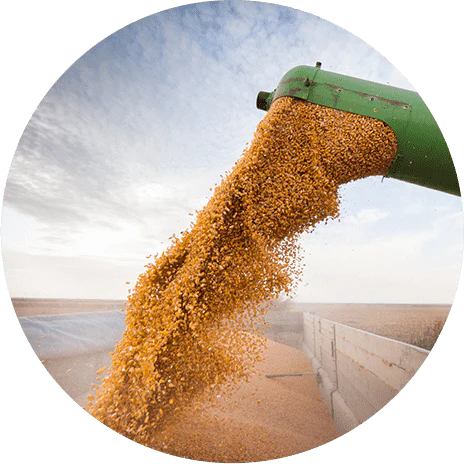
Your cart ( 0 )

Seashore Paspalum is a warm-season grass commonly used for lawns, golf courses, landscaping, parks and recreation areas. Seashore Paspalum seed is the only high salt-tolerant grass seed available.
Product Information
- Application or Use: Lawn, Turf, Golf Courses, Athletic Fields, Parks & Recreation, Restoration
- Germination Time: 21 - 30 days, under optimal conditions
- Growing Locations: Warm Season
- Height: 1.5 - 2 inches
- Sunlight Requirements: 6-8 hours
- Advantages: Very salt tolerant warm season grass with desirable turf grass characteristics.
- When to Plant: Recommended planting time is spring and summer when night time temperatures are consistently 65+ degrees and 3 months prior to first frost.
Product Details
- Salt tolerant turf grass
- Used for lawns, golf courses, parks and recreation areas
-
Full sun to moderate shade tolerance
- Excellent heat and drought tolerance
- Medium-fine texture
- Erosion control, coastal sites influenced by salt
Product Information
Seashore is best for areas no farther north than 30 to 35 degrees latitude. Within its "comfort zone," Seashore Paspalum displays excellent resistance to dollar spot, in addition to its primary characteristic of salt tolerance. Seashore is an excellent choice for environmentally conscious superintendents and home owners, especially those with water quality issues such as a need to use effluent water for irrigation. Certainly in areas where water shortages occur, where saline conditions are unusually high, or where water reclamation projects are undertaken, Seashore provides an attractive option for beautiful turf despite these conditions.
Seashore Paspalum seed was developed by Pure Seed Testing in cooperation with the University of Georgia, and bred by Dr. Ronny Duncan. Seashore is the first release of an improved, seeded Seashore Paspalum. An extremely salt-tolerant turfgrass, Seashore has outstanding turf quality, a bright green color, and a beautiful, uniform appearance. Ideal for temperate to hot, humid coastal climates, Seashore also affords excellent drought tolerance and good shade tolerance.
During the 1980s, the University of Georgia-Griffin began to conduct research on the salt tolerance of Seashore Paspalum. They examined how the species was able to thrive under saline conditions that no other species could even survive in. Previous work helped establish Seashore Paspalum as a viable option for Turfgrass areas that were constantly under stress from high salt levels.
The first breeding program was initiated in 1993 and was funded by the United States Golf Association. Before long, the golf industry became the foremost advocate of the species and continues to be so to this day. This early breeding work directly led to the development of the first successful sprigged turfgrass varieties.
In 1998, Pure-Seed Testing Inc., in cooperation with the University of Georgia, started work on developing an improved, seeded variety of Seashore Paspalum. For many years, Pure-Seed Testing Inc. evaluated Seashore Paspalum clones to determine which parents would produce viable seed. Seashore Paspalum was introduced to the golf course industry in 2005.
Currently, there are many completed golf course projects that have made their Seashore Paspalum selection, and the success with this new revolutionary advancement will change the course of development in the turf industry.
Seashore Paspalum is, of course, a warm-season grass, so is best for courses no farther north than 30 to 35 degrees latitude. Within its "comfort zone," it displays excellent resistance to dollar spot, in addition to its primary characteristic of salt tolerance. It is an excellent choice for environmentally conscious superintendents, especially those with water quality issues such as a need to use effluent water for irrigation. Certainly in areas where water shortages occur, where saline conditions are unusually high, or where water reclamation projects are undertaken, it provides an attractive option for beautiful turf despite these conditions.
Prefers soils with moderate to high salinity. Tolerant of most soil types, pH range of 4.5 - 9.0
*Product packaging may appear different than what is pictured.
The recommended seeding rate is 1 lb. per 1,000 sq. ft.
Seashore Paspalum requires very well-prepared soil or seedbed to ensure a good germination and establishment. The seed bed should be clean and free of other grasses. Seed depth should not be deeper than 1/4 in. The seeded area should be watered for 45-minute intervals 3 to 4 times per day. Germination of Seashore can take as long as 45 days. Different soil types require more or less water. Standing water should not occur but soil moisture should always be present for the germination process to be stimulated.
Preparation for Seeding:
Whether establishing a new seedbed or renovating existing turf, it is important to begin with a firm and smooth soil surface, which is relatively free of debris. If renovating existing turf, apply a non-selective herbicide in order to kill all existing turf, then rake the soil to remove excess matter, and create a smooth surface. Fumigation is the most effective alternative to herbicide in removing undesirable grasses. Bermudagrass is best removed with fumigation, since non-selective herbicides may not completely kill all of the vegetative tissue. Note that Seashore Paspalum is sensitive to some herbicides, so check the herbicide label before applying.
Good soil-to-seed contact is very important to successful establishment, so the surface should be lightly raked and then gently rolled after seeding. For best performance, the soil needs to be tilled to a depth of 2 to 3 in., which provides a lodging place for the seed and affords good soil-to-seed contact. Utilizing a "drill seeder" (like a Brillion Seeder) provides the best method of incorporating the seed into the soil. Another alternative is using mulch or turf blankets to providing a good cover for establishing Sea Spray-seeded Seashore Paspalum.
Planting Time:
The best time to seed is late spring through mid-summer; Fall plantings are not recommended except in warm climates where seeding can be done year-round. The ideal germination temperatures are 80 to 95 degrees Fahrenheit. Mulch or a seed blanket can be used to improve the moisture retention of the seedbed.
Seed vs Sprigs:
Traditionally, Seashore Paspalum spreads through stolons and rhizomes, rather than through seeding. This presents a potential problem for superintendents who wish to propagate the species through sprigging on their golf courses: How much is enough? If one orders a bushel of sprigs, it's difficult to know how much plant material will be sent. Has the bushel of sprigs been compacted or is it filled loosely or something in between? The advantage of seeded Seashore Paspalum lies in the consistency of volume in the seed?approximately 800,000 per raw lb. Given this dependable measure, there's no guesswork in determining the amount needed to establish coverage over any given area. Obviously, working with a known quantity is easier and ultimately more economical, than working with an unknown quantity.
For best performance, fertilize at annual rate of 2 to 3 lbs. N per 1000 sq ft. Early Fall and Spring fertilization is best. Summer fertility with high nitrogen is not recommended. Avoid applications of more than 1/2 lb. of fast release, water-soluble nitrogen per 1000 sq. ft. Sea Spray likes potassium and chlorine. The recommended mowing height is 1/2. 1.5 in. with reel mowers. To reduce incidence of scalping during Summer season, gradually increase mowing height during peak growing conditions. Deep, infrequent irrigations are best throughout the growing season.
Establishment and Maintenance:
- Seed at 1 lb. per 1000 sq. ft.
- Best planted late spring through mid-summer
- Requires good quality water for establishment (30 days)
- Seedbed should be kept moist during germination
- Germinates in 10-17 days with optimal soil conditions, 65-80º F. Do not plant with soil temperatures below 60º F. Full coverage in approximately 8-10 weeks
- First mowing recommended when turf reaches approximately 1" in height
Established Turf Maintenance:
- For best performance, fertilize at annual rate of 2-3 lbs N per 1000 sq ft. Early fall and spring fertilizations best. Summer fertility with high nitrogen is not recommended. Avoid applications of more than 0.5 lb. of fast release, water-soluble nitrogen per 1000 sq. ft. Sea Spray likes potassium & chlorine
- Recommended mowing height: 0.5" – 1.5" with reel mowers. To reduce incidence of scalping during summer season, gradually increase mowing height during peak growing conditions
- Deep, infrequent irrigations are best throughout the growing season.
Instructions
When choosing to start a new lawn, remove old vegetation by using a de-thatcher, power rake or tiller to kill the existing vegetation. Rake or drag the area to remove debris and dead grass for a clean area. Ensure the soil is leveled and loosened to allow the seed to have good soil contact once spread on a clean seed bed.
If you have an area with heavy weed coverage, we recommend starting fresh by killing and removing the existing vegetation. If you choose to use chemicals, herbicides or fertilizers, you must check with the product's manufacturer prior to planting new seed to ensure the proper waiting period.
When overseeding an existing area, mow your lawn at the lowest setting and bag the clippingsx. Rake or drag any areas that have dead thatch or debris.






